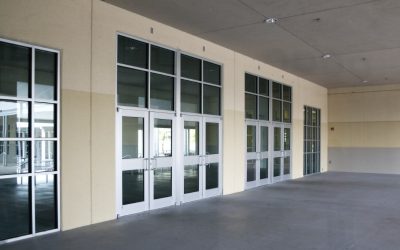It’s weird, and a bit surprising that substitute teachers have better systems than restaurants. School systems need to keep their teachers covered with subs, but they don’t have finances weighing on a missed shift the way a private company does. Restaurants have tight margins and poor staffing can easily turn a profit into a loss. For restaurants the margins are small and the headaches numerous.
People don’t hold those jobs for long often, and a lot of people have constant scheduling and shift demands. Mobile scheduling software makes it easier for substitute teachers to find, take, and drop days of work. It can do the same for restaurants. Mobil scheduling would mean that employees can check and recheck their schedules with ease. Having access to the exact time and day of their next shift makes it easier for them to schedule their life around work.
Think of it this way, you don’t want employees who are constantly unsure of when they work. If they only scribbled the days down onto a piece of paper they’re likely to forget or get confused, this means that you will have to deal with more calls of people checking in on when they work, and more calls from people who don’t realize they’ve made a scheduling error. It makes it easier for employees to trade shifts, and for upper management to approve or disapprove of schedules. The best part is that because mobile scheduling software lives up to its name for mobility, people can access the information at any time, and any place. This means that managers have to deal with fewer excuses for why someone was last second in rescheduling their shift or informing you about their doctor’s appointment.
Restaurants fail all the time. It’s hard to keep them going, and staff issues only make it more difficult. Having angry, confused, or just absent employees guarantees you nothing good. Trying to manage schedules by hand can produce just such results because of the difficulty involved. While mobile scheduling software isn’t a silver bullet for every problem, it can help reduce many of the persistent headaches and problems endemic to restaurants and the hospitality service industry. Look at it this way, if publically funded institutions with less pressure and constraints, running standardized schedules and times find advantages to mobile scheduling software, then shouldn’t a private business with irregular schedules and narrow margins have plenty of incentive to look into mobile scheduling software?
Imagine as a manager not having to field calls from people who are verifying their schedules because they forgot. Imagine not getting caught in the middle of the great shift change debate. Imagine how much time, money, and hassle it could save if you had everyone use mobile scheduling software.
For more information visit : website


